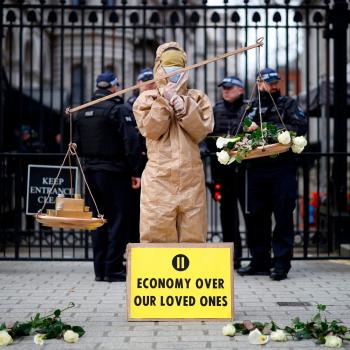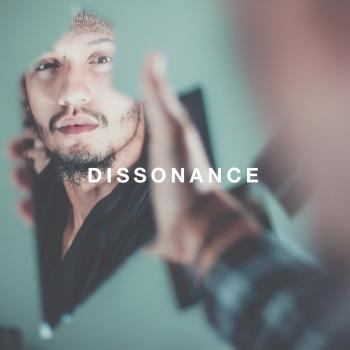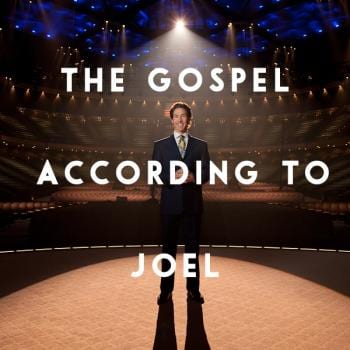In the wake of both Robin William’s and Philip Seymore Hoffman’s passing many of us in 2014 have been left in shock, and utterly speechless.
These two men, were undoubtedly creative genius’ but I believe what made them so creative and so genius was their ability to connect with the normal, ordinary, person struggling and battling through this thing we call life. We loved watching them because they made us feel as if we weren’t alone. They had the gift of allowing their audiences to connect with what they were saying, or “emoting” on screen, it was real, it was raw, it was authentic, and it was as if they were pulling from their own personal experiences.
Although I think much of our grief and pain come out of our empathy for these men because of our own experiences, our own struggles, and our personal battles with depression and addiction.
“And I felt like my heart had been so thoroughly and irreparably broken that there could be no real joy again, that at best there might eventually be a little contentment. Everyone wanted me to get help and rejoin life, pick up the pieces and move on, and I tried to, I wanted to, but I just had to lie in the mud with my arms wrapped around myself, eyes closed, grieving, until I didn’t have to anymore.” – Anne Lamott
It’s said that depression is the leading disability worldwide. It’s said that one million people commit suicide every year, that’s one person every forty-seconds. It’s said that a third of us in this world, living right now, reading this post, and in your families suffer with severe mental illness and/or addiction. We’ve come to know depression, mental illness, and/or addiction as:
The most painful road to death.
The common cold of the human mind.
The best kept secret in every other individual.
I think that the worst, most damaging aspect of depression is that you truly believe no body could ever like you. It’s a delusional perception, that convinces you that you’re not worth loving, that you some how deserve this pain, and that everything in the world is meaningless.
It’s our mind exaggerating things in the worst possible ways, in the end, depleting us of any emotional energy. We lose hope, and when we lose hope, we lose site of meaning, and when we find no meaning in life, we lose strength.
I think this is what Viktor Frankl refers to as “apathy.”
Getting out of bed in the morning, answering a phone call, leaving your house, basic tasks begin to feel and seem as if they are impossibilities. We begin to feel trapped, paralyzed by a disorder that has robbed us of not simply our hope or meaning but our ability to function and live.
“The courage it took to get out of bed each morning to face the same things over and over was enormous.”
— Charles Bukowski
So then in light of all of this information how do we respond? I think Anne Lamott says it best, because well, she says everything best, “The temptation is to say, as cute little believers sometimes do, ‘Oh it will all make sense someday.’ The thing is, it may not.”
Although this pain might never permanently go away, or we may never make sense of our sufferings, I believe our survival and perseverance comes down to our family. But please understand that family is not always blood. Family consists of the people in your life that also wants you to be in theirs, the people who accept you, for who you are, depressed version of you or not. The fact of the matter is there can be no vitality where there is no community and where there is no community there can be no recovery.
“The opposite of depression,” says Andrew Solomon, “is not happiness, it is vitality.” But without community there can be no vitality. Without vitality there is little chance of recovery.
Just as Jesus went to the broken hearted, marginalized, depressed, lonely, and outcast people of His day, so must we go to the mentally ill, addicted, depressed, anxious, lonely outcast people of our day, within our family, school, church, work place, coffee shop, neighborhood, or apartment complex.
I learned in one of my courses this year that hundreds of people have committed suicide by jumping off of the golden gate bridge. Although not all those who attempt suicide by jumping off of the bridge are successful, some survive. Out of 100 people who have survived, 99 of them said that while falling, they wondered and questioned if jumping off the bridge was the best choice.
In the same course, it was said that 99% of the time a person who has decided to take their own life stops and waits one single hour to follow through will change their mind and opt our of suicide. It’s far too easy for us to mourn alone, and in isolation. If this is you there is no shame in your hurt, there is no guilt needed to be felt because of your struggle, none of this was, is or ever will be your fault…
As cliché as this scene might be, it is something absolutely all of us need to hear in some way, shape, or form. Maybe you’re not struggling with depression at this moment in time, if you have the energy to share, reach out to a friend buy them a cup of coffee and ask how they’re doing…
[After I posted this, I saw that a guy named Matt Walsh posted a blog titled, “Robin Williams didn’t die from a disease, he died from his choice” this is a perfect example of how not to react to someone struggling with depression. Unless your goal is to stigmatize and shame…]











